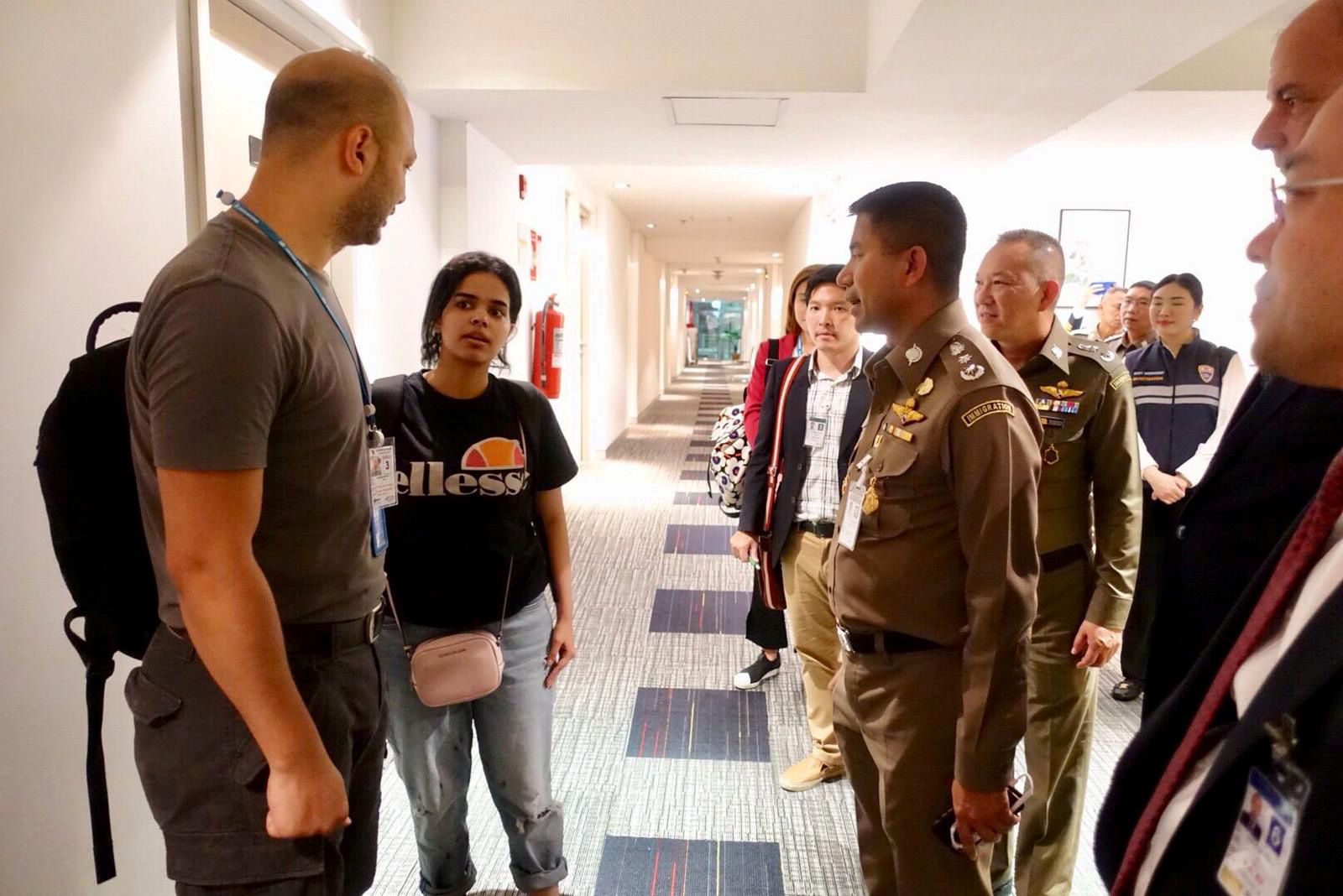Rahaf al-Qunun, an 18-year-old Saudi woman, boarded a plane this week in Kuwait in hopes of reaching Australia. On arriving in Bangkok, where she intended to change planes, she says she was greeted by a Saudi official who seized her passport. (Saudi officials deny this.)
Thai officials tried to persuade her to board a return flight, but the young woman explained she had renounced Islam and would be killed if she went home. Thai officials then assured her she would not be forced to leave. On Wednesday, the UN High Commissioner for Refugees referred her to Australia to be considered for refugee resettlement.
This episode has refocused global attention on gender politics in Saudi Arabia. Much has been made of last year's decision to allow women in the kingdom to drive. Beginning this weekend, female citizens also have the right to know if their husband has divorced them—courts will be required to inform women via text that their husband has made other marital plans.
But if you're a female Saudi citizen, you still can't legally open a bank account without permission from a male guardian. Or apply for a passport. Even if you have a passport, male approval is required for travel abroad. You can't get married, open certain types of businesses, or have elective surgery. That all-important guardian can be your father, husband, brother, or son.
This brings us back to Rahaf al-Qunun. It was not the Saudi government or police that threatened her, she told Thai authorities. It's her family. "My life is in danger. My family threatens to kill me for the most trivial things," she told Reuters.
The bottom-line: Changing the law is one thing, and changing culture is another. By launching reforms that give Saudi women new freedoms, Crown Prince Mohammed bin Salman's social reforms will ignite a million small revolutions behind closed doors. Because your father, husband, brother, or son may not want you to have the things your government (finally) says you're entitled to.
